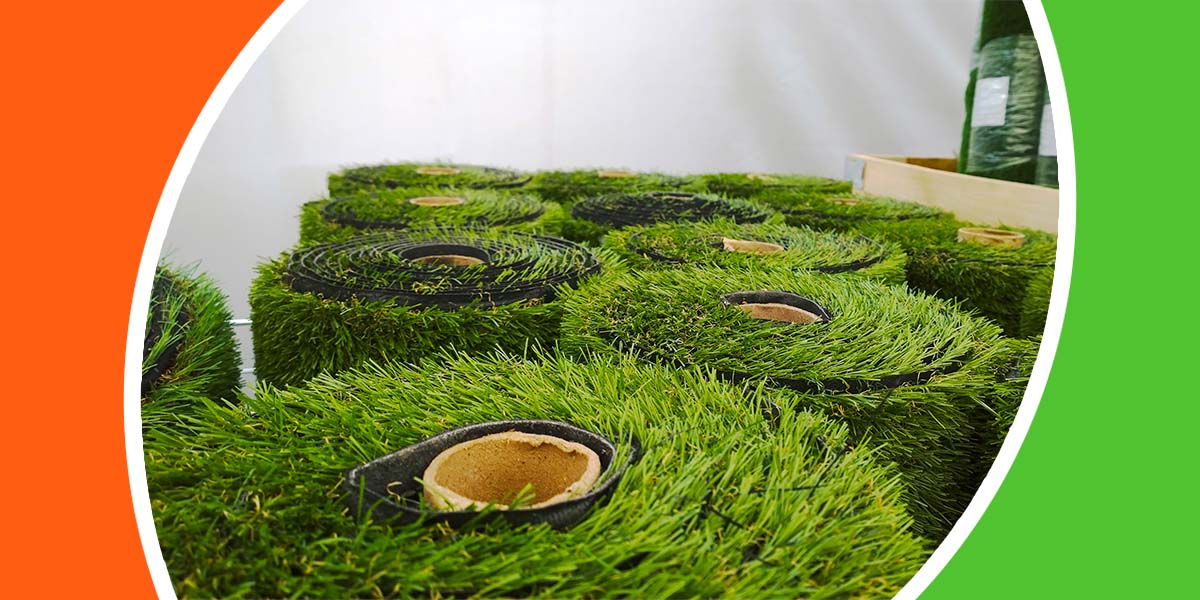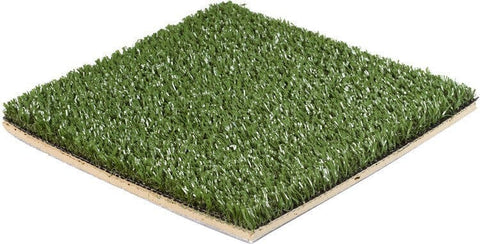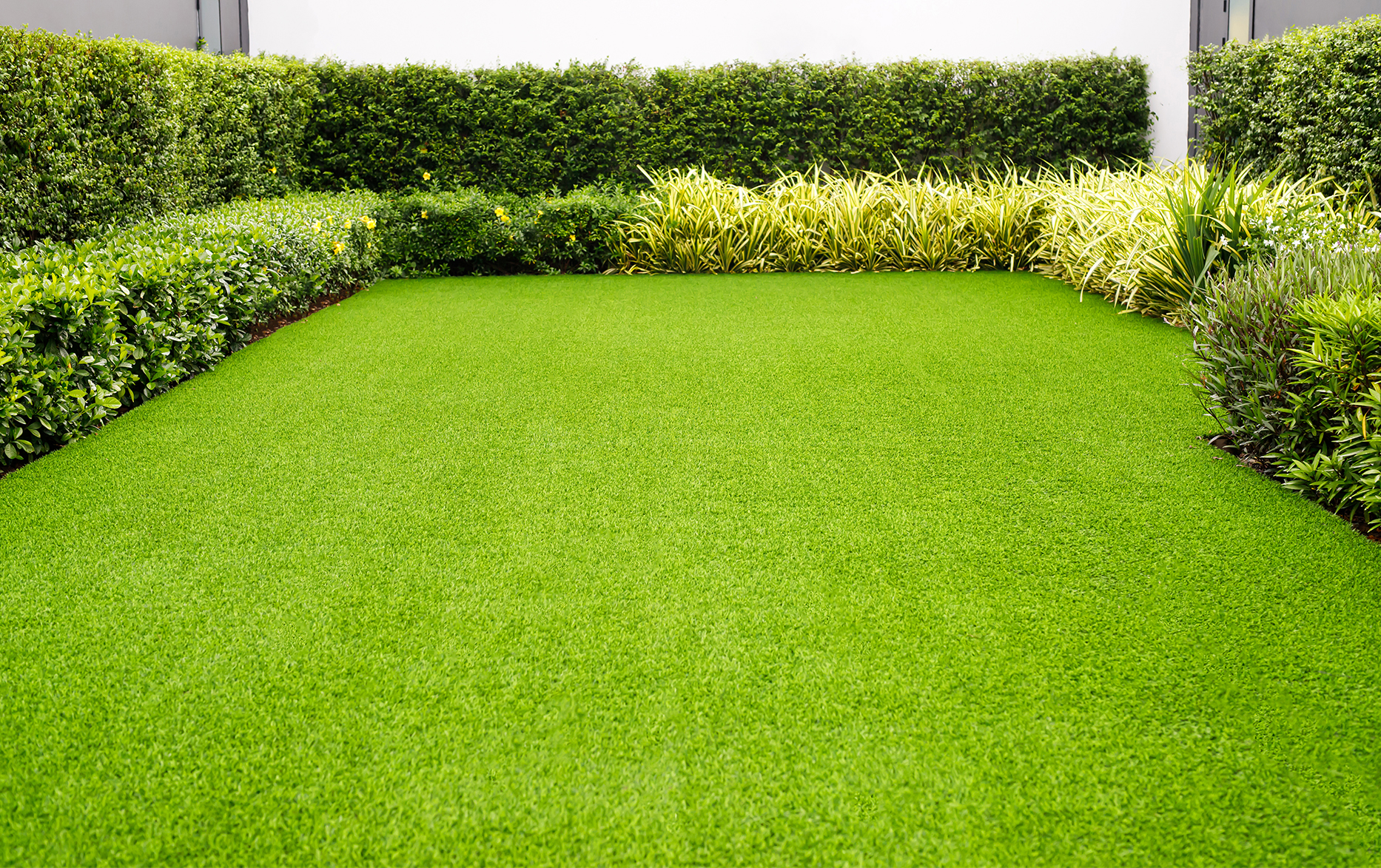Transform Your Yard with Professional Turf Installation Phoenix AZ Services
Transform Your Yard with Professional Turf Installation Phoenix AZ Services
Blog Article
Look Into the Environmental Benefits of Opting for Synthetic Grass Solutions
The fostering of synthetic turf remedies provides an engaging opportunity to resolve pressing ecological challenges. By substantially reducing water usage and lessening the application of dangerous chemicals, these choices not only advertise lasting landscape design but also secure neighborhood ecological communities.
Water Conservation Advantages
One of the most substantial benefits of man-made turf is its ability to conserve water. In comparison, artificial turf does not need watering, significantly decreasing the general demand for water resources.
By eliminating the demand for routine watering, artificial lawn adds to sustainable landscape techniques and assists reduce the environmental impact of excessive water usage. Additionally, the conservation of water reaches the decrease of drainage, which can lead to soil disintegration and river pollution.
In addition, the setup of synthetic grass allows municipalities and property owners to allot water sources more efficiently, focusing on necessary usages such as alcohol consumption water and farming. The change towards synthetic grass not only promotes responsible water usage but also aligns with broader environmental goals focused on maintaining all-natural sources.
As communities increasingly focus on sustainability, the water preservation advantages of man-made grass offer an engaging instance for its adoption in commercial and residential landscaping tasks.
Lowered Chemical Use
The change to synthetic lawn significantly lowers the reliance on chemical treatments generally utilized in natural grass upkeep. Standard turf management generally includes the application of chemicals, herbicides, and plant foods to advertise growth and control pests. These chemicals can posture risks to human wellness, regional wild animals, and the atmosphere, contributing to soil and water contamination.
In contrast, synthetic grass eliminates the need for these unsafe compounds. By decreasing the release of artificial substances right into the community, artificial lawn advertises much healthier soil and water systems.
Furthermore, the lack of chemical drainage connected with synthetic grass installments helps protect local waterways from pollution, supporting aquatic life and maintaining biodiversity. Phoenix turf companies. As areas significantly prioritize sustainable methods, going with man-made lawn presents a viable solution that straightens with ecological preservation goals. With this shift, home owners can delight in rich eco-friendly areas without compromising environmental wellness, leading the way for a much more sustainable future
Reduced Carbon Impact

In addition, the installment of synthetic turf can result in considerable water conservation. All-natural yards require significant quantities of water for watering, which not just includes in the carbon impact linked with water removal and treatment yet likewise strains regional water resources. In comparison, synthetic grass requires very little upkeep, needing no watering, thus significantly minimizing water usage and its associated power expenses.
Furthermore, the long life of fabricated turf contributes to its decreased carbon impact. With a life expectancy of as much as 15 years or more, the requirement for frequent substitutes is decreased, resulting in less waste and reduced energy intake in manufacturing and disposing of typical turf options. In general, synthetic grass offers a lasting alternative for eco mindful landscaping.
Environment Conservation
Environment preservation is an essential consideration in the dispute over landscaping choices, particularly when contrasting synthetic grass to all-natural grass. Natural grass yards frequently call for extensive maintenance, including using chemicals, plant foods, and herbicides, which can detrimentally affect neighborhood ecosystems. These chemicals can seep into the soil and rivers, damaging native vegetation and fauna and interfering with regional habitats.
In contrast, artificial grass offers a chance to reduce the ecological impact of landscaping. By choosing artificial turf, home owners can decrease the interruption of all-natural habitats related to conventional grass care methods. Synthetic grass removes the requirement for hazardous chemicals, therefore protecting nearby wildlife and maintaining the integrity of surrounding environments. The setup of synthetic lawn can lead to the conversion of previous grass areas into even more biodiverse landscapes, such as pollinator gardens or indigenous plant locations, which can support regional wild animals.
Inevitably, the transition to man-made grass not just saves water and lowers maintenance initiatives yet additionally promotes an extra harmonious connection in between human tasks and the natural environment, advertising environment conservation while doing so.
Long-Term Sustainability
Lasting sustainability is a vital consider reviewing the advantages of fabricated lawn over conventional yard lawns. One of one of the most significant advantages of synthetic grass is their explanation its toughness; it can last approximately 15-20 years with very little maintenance, whereas natural yard requires frequent reseeding and substitute. This longevity decreases the requirement for constant resources, such as water, plant foods, and chemicals, which are necessary for maintaining a healthy turf yard.
In addition, synthetic grass adds to a decrease in carbon web emissions connected with grass treatment equipment. Standard grass often need gas-powered lawn mowers, leaners, and blowers, every one of which add to air pollution. Artificial turf companies phoenix. On the other hand, man-made turf gets rid of the requirement for such devices, promoting a cleaner setting
Moreover, the manufacturing of synthetic lawn increasingly makes use of recycled products, boosting its sustainability account. As makers embrace green practices, the ecological footprint of fabricated lawn proceeds to decrease.

Final Thought
The adoption of fabricated grass services presents substantial ecological advantages, consisting of considerable water conservation, decreased dependence on harmful chemicals, and a reduced carbon impact. Fabricated lawn help in protecting all-natural habitats by minimizing land disruption and advertising long-lasting sustainability with the use of sturdy products. Collectively, these variables highlight the capacity of synthetic turf to add favorably to environmental wellness and offer a feasible option to typical landscape design techniques in a significantly resource-conscious globe.
In comparison, artificial grass does not need watering, considerably minimizing the overall demand for water resources. By decreasing the launch of synthetic compounds right into the ecosystem, fabricated turf advertises much healthier soil and water systems.
Furthermore, the installation of artificial turf can result in significant water conservation. In contrast, like this fabricated grass requires marginal maintenance, calling for no watering, thus dramatically reducing water use and its linked energy expenses.

Report this page